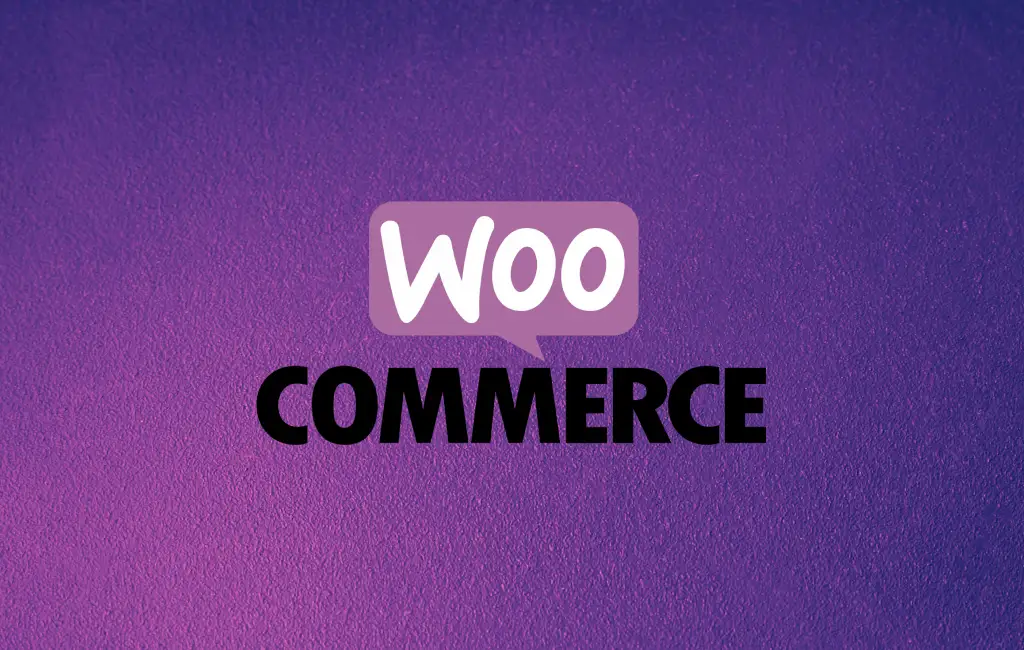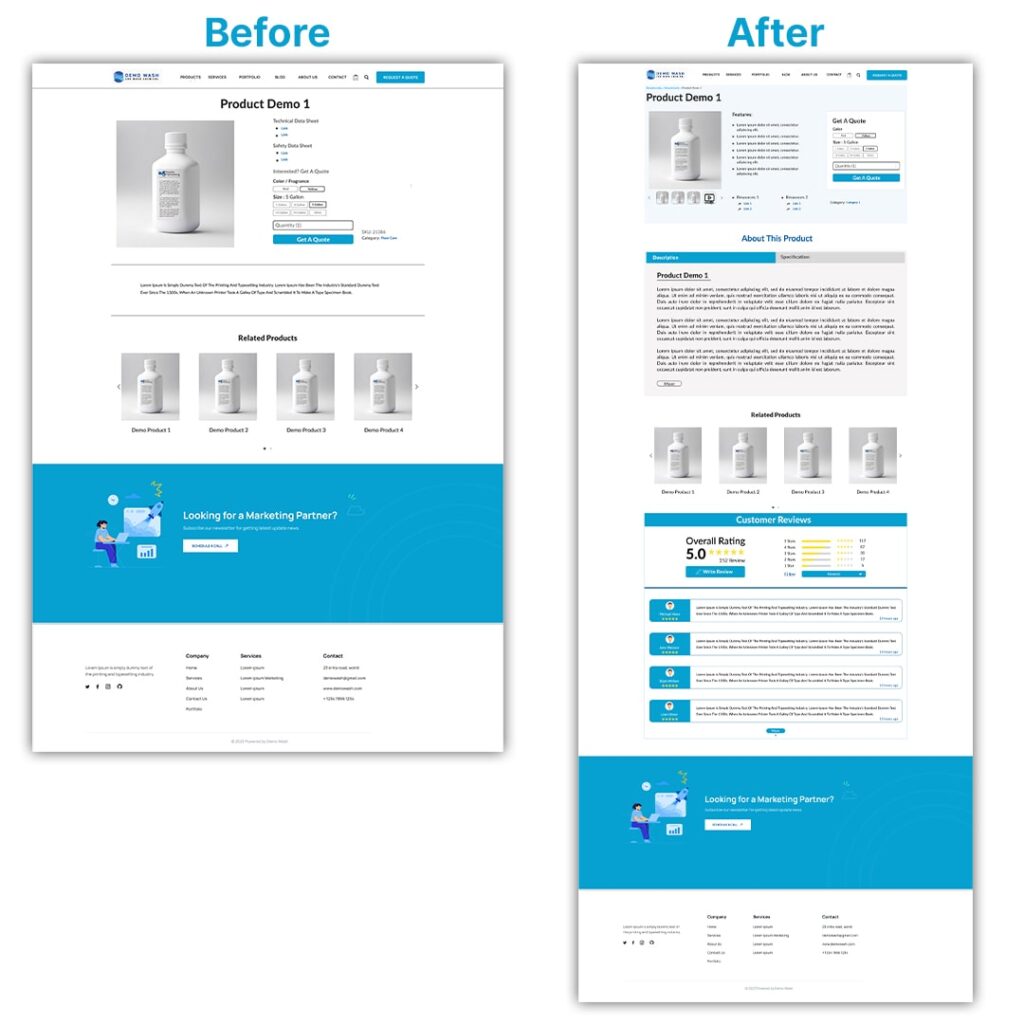Picking an ecommerce platform can feel like picking that first pair of shoes in kindergarten: a crucial decision fraught with questions (will it fit? Will it hold up?). But fear not, fellow online entrepreneur! Because when it comes to your online store, SEO isn’t just about looking good, it’s about getting found.
In this overflowing digital shoe rack, how do you pick the platform to help your store climb the search engine rankings? Buckle up, because we’re about to unveil the best Ecommerce platform for SEO, and the ones that will give your online store the support it needs to thrive.

7 Best Ecommerce Platforms for SEO: Pros and Cons Compared
Let’s face it, running an online store is a marathon, not a sprint. You’ve meticulously crafted your products, built a brand identity that pops, and maybe even perfected that secret sauce recipe for your artisanal dog biscuits (because, why not?).
But if no one can find your store online, all that effort might feel like building a sandcastle on the beach at high tide. This is where the magic of SEO comes in. By optimizing your store for search engines, you become the hero in a thousand customer journeys, the answer to their “Where can I buy…?” prayers.
But SEO isn’t magic (although it can sometimes feel that way). It’s about choosing the right tools for the job. And that’s where the concept of the best Ecommerce platforms for SEO waltzes into the picture.
In this guide, we’ll be dissecting the top seven contenders, analyzing their strengths, weaknesses, and everything in between. By the end, you’ll be equipped to pick the platform that best propels your online store to search engine glory (and, hopefully, a shopping cart overflowing with sales).
1. Shopify
Shopify stands out for its user-friendly interface and robust SEO features. It’s an excellent choice for those seeking an intuitive platform with powerful optimization tools, making it a top contender for the best SEO ecommerce platform.
Pros:
- SEO-Friendly URL Structures: Shopify automatically generates clean, readable URLs that search engines favor.
- Mobile Optimization: In a mobile-first world, Shopify ensures your store looks and functions flawlessly on any device.
- Built-In SEO Tools: Shopify offers tools for optimizing meta tags, alt text for images, and more.
- App Integrations: Apps like SEO Manager provide advanced features and detailed insights to enhance your SEO strategy.
Cons:
- Limited Customization: Advanced users may find Shopify’s customization options limited unless they delve into the code.
- URL Structure Restrictions: Shopify’s mandatory URL structures (e.g., /products/, /collections/) can pose minor SEO challenges.

2. WooCommerce
WooCommerce, a WordPress plugin, is favored for its flexibility and control. This open-source platform allows for extensive customization, making it another strong candidate for the best ecommerce platform for SEO.
eCommerce for SEO is a crucial consideration, and WooCommerce shines in this area by providing robust tools and features designed to enhance your store’s search engine visibility.
Pros:
- Total Control: WooCommerce lets you tweak nearly every aspect of your store to optimize for SEO.
- WordPress SEO Plugins: Plugins like Yoast SEO and All in One SEO Pack offer comprehensive SEO tools within your WordPress dashboard.
- Content Integration: Built on WordPress, WooCommerce seamlessly integrates content and commerce, a significant SEO advantage.
Cons:
- Steeper Learning Curve: WooCommerce’s flexibility can be overwhelming for beginners without technical knowledge.
- Maintenance: As a self-hosted solution, you’re responsible for updates, backups, and security.
3. Magento
Magento, now known as Adobe Commerce, isn’t just an ecommerce platform; it’s an SEO powerhouse for large-scale businesses.
Its robust and scalable nature, packed with advanced features, caters to enterprises that need heavy-duty performance. For these reasons, Magento is often considered the best SEO platform for ecommerce.
Pros:
- Advanced SEO Features: Magento offers a comprehensive suite of SEO tools, including customizable URLs, meta tags, and sitemaps, putting you in complete control of search engine optimization.
- Scalability: Ideal for large businesses with extensive catalogs and high traffic volumes, Magento handles it all with ease.
- Flexible Content Management: Magento’s CMS allows for detailed content creation, a significant benefit for SEO strategy and organic ranking.
Cons:
- Complex Setup: Setting up and managing Magento requires a high level of technical expertise. It’s not ideal for beginners.
- Costly: While the open-source version is free, the Enterprise edition can be expensive, with ongoing costs to consider.

4. BigCommerce
BigCommerce is another major player known for its robust features and scalability. It’s particularly favored by businesses that need more than just the basics. When considering the best ecommerce platform for SEO, BigCommerce deserves mention, and SEO services for eCommerce stores can be particularly impactful on this platform.
Pros:
- Built-In SEO Features: BigCommerce comes with features like optimized URLs, automated sitemaps, and microdata, all of which can be leveraged by SEO services to further enhance your store’s organic visibility.
- Fast Load Times: Speed is crucial for SEO, and BigCommerce excels in this area. This foundation of speed allows SEO services to focus on other optimization strategies.
- Comprehensive Analytics: Detailed insights into your SEO performance are available with BigCommerce’s analytics tools, giving SEO experts valuable data to inform their strategies and track progress.
Cons:
- Limited Free Themes: While BigCommerce offers several free themes, the selection is limited compared to competitors.
- Learning Curve: Mastering all of BigCommerce’s features can take time. This can be mitigated by partnering with an SEO service that has expertise with the BigCommerce platform.
5. Adobe Commerce (Formerly Magento)
Adobe Commerce, the evolved version of Magento, caters to both small businesses and large enterprises with a focus on flexibility and advanced SEO capabilities. It’s frequently hailed as the best ecommerce platform for SEO due to its robust feature set.
Pros:
- Enhanced SEO Tools: Adobe Commerce provides advanced tools for managing meta tags, customizable URLs, and XML sitemaps.
- Content Personalization: Personalized content significantly improves SEO, and Adobe Commerce excels in this area.
- Integration with Adobe Ecosystem: Seamless integration with other Adobe products like Analytics and target offers comprehensive marketing and SEO strategies.
Cons:
- High Cost: Adobe Commerce can be expensive, especially for small businesses.
- Complexity: The platform can be complex to manage without dedicated technical support.

6. Volusion
Volusion, a leading all-in-one ecommerce solution for over two decades, integrates Ecommerce SEO marketing seamlessly into its platform. This makes it a strong contender for small to mid-sized businesses seeking the best platform for SEO driven online sales.
Pros:
- Built-in SEO Powerhouse: Volusion includes essential SEO tools like customizable meta tags, alt text for images, and automatic sitemaps, empowering you to optimize your store for search engines from the get-go.
- Simple Interface for SEO Success: The user-friendly platform makes SEO approachable even for non-tech-savvy users.
- Solid Support for SEO: Volusion’s customer support is readily available to help you troubleshoot any SEO issues you might encounter.
Cons:
- Limited Customization for SEO: Compared to platforms like WooCommerce, Volusion offers fewer options for deep SEO customization.
- Fewer Integrations for SEO Expansion: While Volusion covers the SEO basics, it doesn’t offer as many third-party integrations for advanced SEO functionalities as some other platforms.
7. Squarespace
Renowned for its stunning design templates, Squarespace also packs a punch when it comes to SEO. It’s ideal for small to medium-sized businesses that prioritize aesthetics and ease of use. Despite its primary focus on design, it still stands strong as a compelling option for design-centric businesses seeking the best ecommerce platform for SEO.
Pros:
- Beautiful Templates: Squarespace’s professionally designed templates are not only beautiful but also optimized for SEO.
- Built-In SEO Features: Squarespace includes tools for managing meta tags, descriptions, and URL slugs, making it easy to optimize your product pages and content.
- Mobile Optimization: All Squarespace templates are mobile-responsive, a critical factor for SEO in today’s mobile-first world.
Cons:
- Less Flexibility: Squarespace offers less flexibility in terms of advanced SEO customization compared to other platforms. This may not be a dealbreaker for most users, but those seeking highly granular control over SEO elements may find it limiting.
- Cost: Squarespace can be more expensive than some other options, especially considering the limitations in customization. Weigh the value proposition carefully to ensure it aligns with your budget and SEO goals.

Final Words
Choosing the best ecommerce platform for SEO depends on your specific needs, budget, and level of technical expertise. Here’s a quick recap:
- Shopify is perfect for beginners and those who prioritize ease of use and mobile optimization.
- WooCommerce is ideal for those who need flexibility and extensive customization.
- Magento (Adobe Commerce) caters to large businesses with complex needs and high scalability.
- BigCommerce offers robust features and scalability for businesses that need comprehensive SEO tools.
- Volusion provides a user-friendly interface with solid SEO tools, suitable for small to mid-sized businesses.
- Squarespace combines beautiful design with SEO features, making it perfect for design-centric businesses.
Ultimately, the best ecommerce platform for SEO is one that aligns with your business goals, offers the necessary SEO tools, and provides the flexibility to grow with your business. By understanding the strengths and limitations of each platform, you can make an informed decision and set your online store up for SEO success.
Frequently Asked Questions (FAQs)
The right ecommerce platform can significantly impact your SEO efforts. It provides the tools and capabilities needed to optimize your site for search engines, from clean URL structures to meta tag management and mobile optimization.
A good platform will also support fast loading times, which is crucial for both user experience and SEO rankings. Hence, choosing the best ecommerce platform for SEO is crucial.
Absolutely. SEO is one of the most cost-effective ways to drive organic traffic to your ecommerce site. By optimizing your site for search engines, you increase your visibility, attract more potential customers, and improve your chances of making sales.
In the competitive world of online business, effective SEO can give you a significant edge over your competitors. Therefore, investing in the best ecommerce platform for SEO is worth it.
Built-in SEO tools simplify the process of optimizing your ecommerce site. They provide features like customizable meta tags, alt text for images, automated sitemaps, and more. These tools help ensure that your site adheres to SEO best practices, making it easier for search engines to crawl and index your content.
Having these tools integrated into your ecommerce platform saves time and effort, allowing you to focus on growing your business. This is why finding the best ecommerce platform for SEO is essential.
There isn’t a one-size-fits-all answer, as the best ecommerce platform for SEO depends on your specific needs. Shopify and WooCommerce are great for ease of use and flexibility. Magento and BigCommerce offer advanced features for larger businesses.
Volusion and Squarespace are ideal for smaller businesses looking for a straightforward solution. Consider your business size, technical expertise, and specific SEO needs when choosing the right platform.
Essential SEO services for ecommerce stores include keyword research, on-page optimization, content creation, technical SEO, link building, and analytics. These services help ensure that your site is optimized for search engines, driving organic traffic and improving your visibility in search results.
Partnering with an experienced SEO agency or using a comprehensive SEO tool can further enhance your SEO efforts and boost your ecommerce success. Using these services effectively can make a significant difference, especially when paired with the best ecommerce platform for SEO.








